Hobbs final
1/69
There's no tags or description
Looks like no tags are added yet.
Name | Mastery | Learn | Test | Matching | Spaced | Call with Kai |
|---|
No analytics yet
Send a link to your students to track their progress
70 Terms
-Navy officer whose ideas on naval warfare and the importance of sea-power changed how America viewed its navy
-wrote "The influence of Sea Power upon History" Which states when seapower goes against land power, sea power will always win
-Scottish immigrant -got a job in telegraphs for a RR company, also tended RR boilers
-saved up to invest in RRs and oil; organized Union telegraph operations during CW
-with his fortune he invested in steel and used the Bessemer steel process to make cheap, high quality steel
-Homestead Plant in Pittsburgh; his company became US Steel
-the cheaper high quality steel made skyscrapers possible
-Homestead Strike
-30th president from Plymouth Notch, Vt
-lawyer, state politician, and gov of MA -Boston Police Strike
-revenue Acts
-National Immigration Act
-Washington Naval Treaty
-Leader of the civil rights movement
-US Baptist minister
32nd US President
-began New Deal programs to help the nation out of the Great Depression, and he was the nation's leader during most of WWII
Frederick Jackson Turner
- Wrote "The Significance of the Frontier in American History"
- ______ Thesis: American culture is shaped and defined by the frontier
- American historian who said that humanity would continue to progress as long as there was new land to move into. The frontier provided a place for homeless and solved social problems .
- Taught at Wisconsin then Harvard
-1st student at stanford ever
-student manager for football & baseball teams
-mining engineer
-lectured at stanford, princeton, and harvard -wrote a textbook on mining
-organizes a relief effort for European civilians displaced by WW1
-organizes distribution of food to civilians
-organizes a resource rationing program (meatless mondays, wheatless wednesdays)
-1920 runs for president & loses, but throws support to Harding
-sec of commerce 1921-1928 -31st president
-communist from North Vietnam
-leader of Vietcong
-sets up communist regime in North Vietnam
- Oil tycoon; owned standard oil company which became the largest refinery
- Made products that he had previously purchased (vertical integration)
- Had monopoly over oil industry
- Philanthropist - 1st Billionaire
- Was a Captain of Industry
- American blacksmith that was responsible for inventing the self-cleaning steel plow. (Made it much easier for farmers)
- Moved from Grand Detour, Illinois to Moline, Illinois

president during part of the cold war and especially during the superpower rivalry and the cuban missile crisis
president who went on tv and told the public about the crisis/ allowed the leader of the soviet union to withdraw their missiles.
other events: building of the berlin wall, the space race, and early events of the Vietnamese war.
36th president, signed the civil rights act of 1964 into law and the voting rights act of 1965.
he had a war on poverty in his agenda.
great society, the economic opportunity act, and other programs that provided food stamps and welfare to needy families.
also created department of housing and urban development.
most important legislation was probably medicare and medicaid.
Richard Nixon
-republican
-gov of CA
-vice president under Eisenhower
-Vietnamization (training of vietnam men to fight instead of American troops)
-visits China (1971)
-watergate scandal, he resigns
-republican
-President (1981-1989)
-Star Wars (Strategic Defense Initiative)
-"Great Communicator"
-"The Gipper"
- "TR" -26th President, from 1901-1909, went to Harvard (Ran everywhere)
-From NYC, Dutch Lineage -wrote
-took over in 1901 when McKinley was shot,
-Went after trusts -formed the "Bull Moose Party"
-wanted to build the Panama canal, and make our Navy (military stronger )
-Rough Riders
-McKinley's VP -
Youngest VP & P in history
-Great White Fleet: white as a sign of peace, no guns, offered support
-Trust Bust
-Meat Inspection Act/ Pure Food and Drug Act
-Progressivist -Antiquities Act/Organic Act
-Nominated Oliver Wendell Holmes to Supreme Court
-Panama Canal Roosevelt Corollary: Platt Amendment -Gentlemen's Agreement
-29th president from Marion, Oh
-State senator in OH & U.S. senator
-"Front Porch Campaign"
- red scare -"return to normalcy"
-emergency quota act
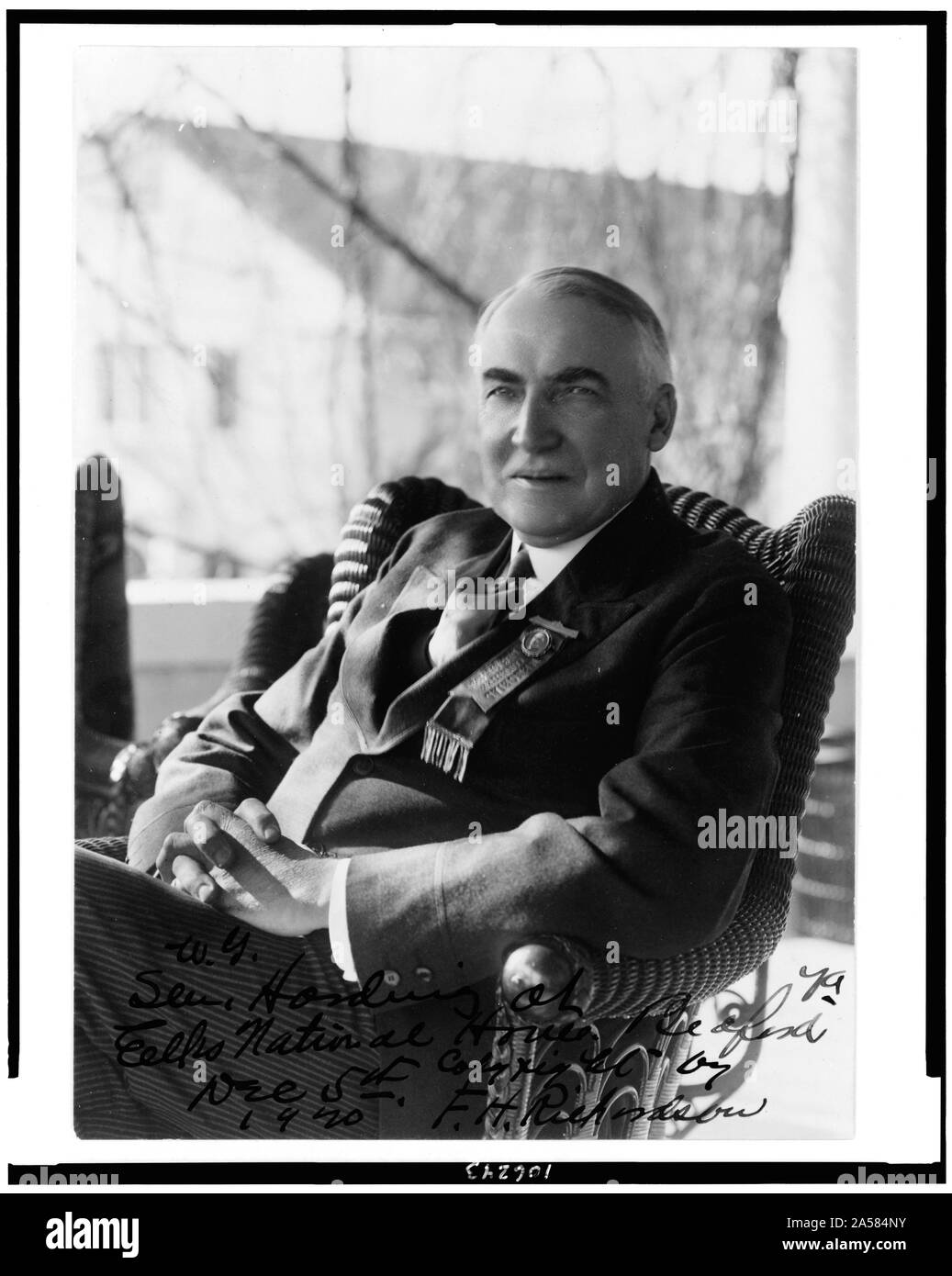
-28th president from Augusta, GA
-professor of political science
-wrote Congressional Gov and The State
-president of Princeton University -Gov of NJ
16th & 17th amendments
1913 first gave Congress the power to impose an income tax
second required the direct election of senators
18th and 21st amendments
first 1919, declared production, transportation, and sale of intoxicating liquors illegal
second 1933, repealed the amendment above
gave women the right to vote
24th & 26th amendments
first 1964, eliminated poll taxes
second 1971, lowered voting age to 18
Great Society
President Johnson called his version of the Democratic reform program the _______. In 1965, Congress passed many ______ measures, including Medicare, civil rights legislation, and federal aid to education.
Haymarket Riot
100,000 workers rioted in Chicago. After the police fired into the crowd, the workers met and rallied in the Square to protest police brutality. A bomb exploded, killing or injuring many of the police. The Chicago workers and the man who set the bomb were immigrants, so the incident promoted anti-immigrant feelings.
Homestead strike
Pittsburgh - carnegie workers locked out before they could walk out - mob forms and pinkerton’s arrive to protect plant, try to get to it by barge but are spotted - fireworks thrown at them, they surrender and are tortured until national guard is called
League of Nations
A world organization established in 1920 to promote international cooperation and peace. It was first proposed in 1918 by President Woodrow Wilson, although the United States never joined it. Essentially powerless, it was officially dissolved in 1946.
Red Scare
fear that communists were working to destroy the American way of life
robber barron/ captain of industry
- a person who has become rich through ruthless business practices
-positive term for someone who is powerful and wealthy
Roosevelt Corollary
this guys 1904 extension of the Monroe Doctrine, stating that the United States has the right to protect its economic interests in South And Central America by using military force
Standard Oil Trust
Rockefeller's company, in 1881, owned 90 percent of the oil refinery business, with a board of trustees at the head 34 companies tied in this
-associated with the Jazz Age